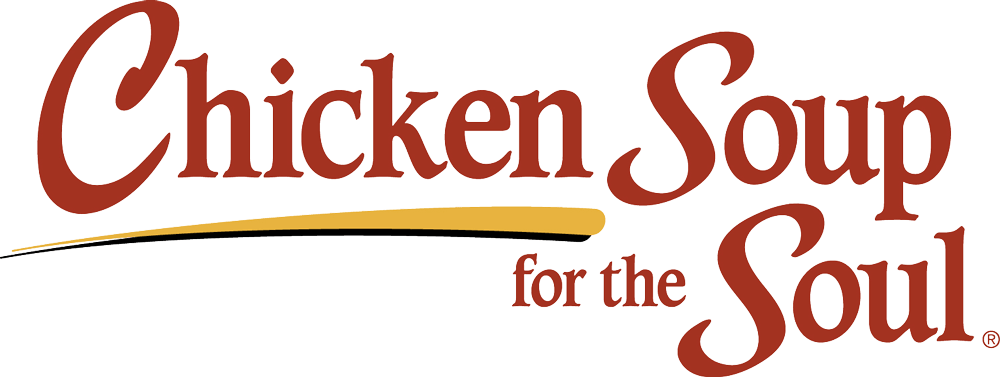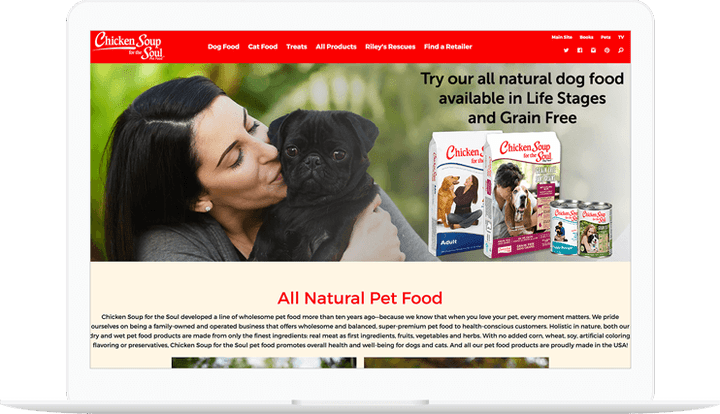
With well over 100 million books sold to date in the U.S. and Canada alone, more than 250 titles, and translations into more than 40 languages, “chicken soup for the soul” is one of the world’s best-known phrases and is regularly referenced in pop culture.
LCM is proud to help tell their story.
“Awesome, awesome work!”
Jonathan Brodsky, SVP, Digital

